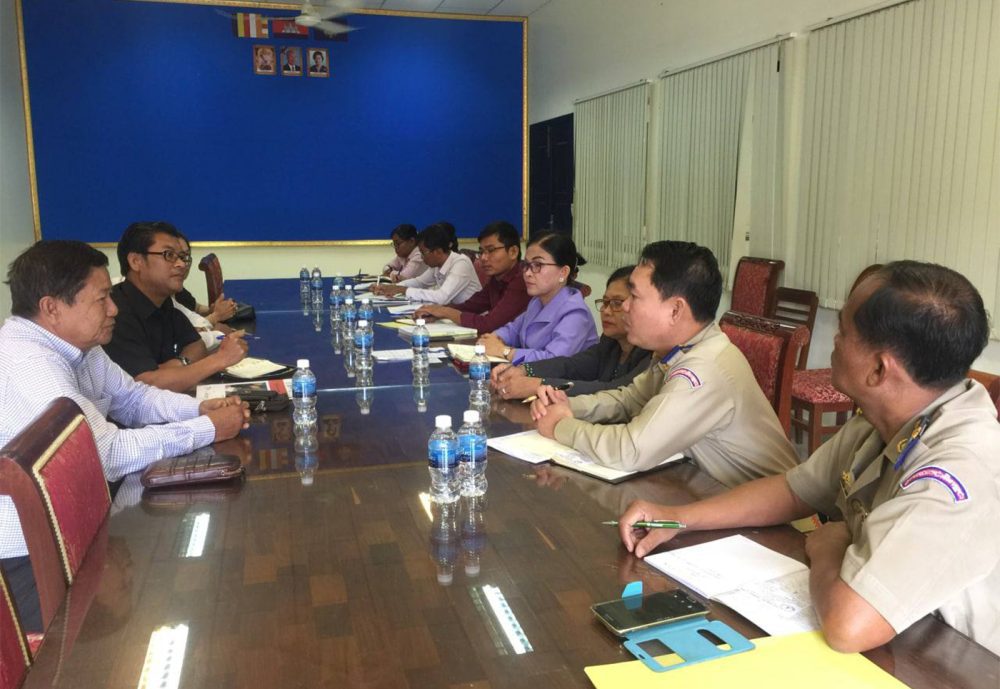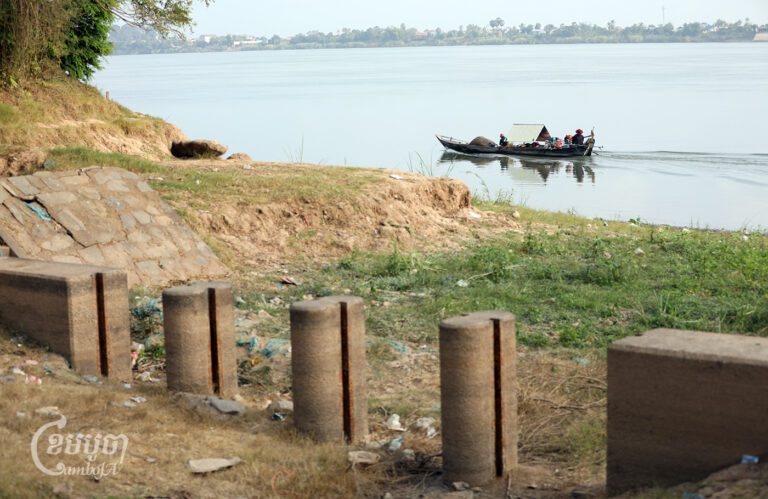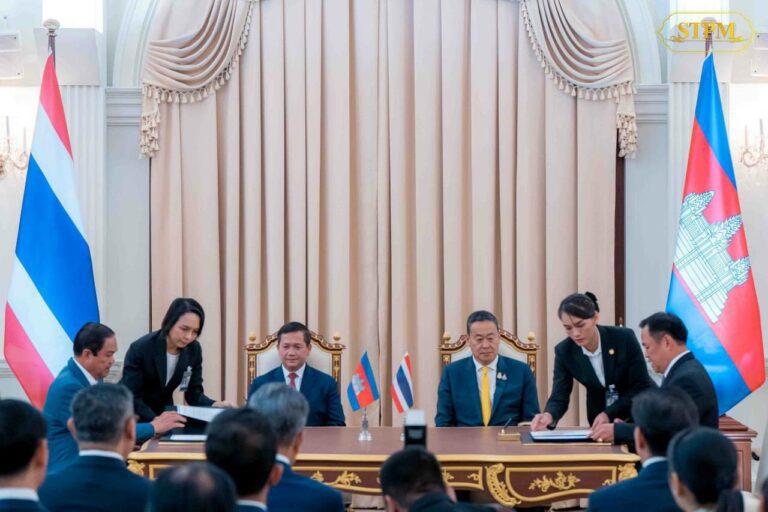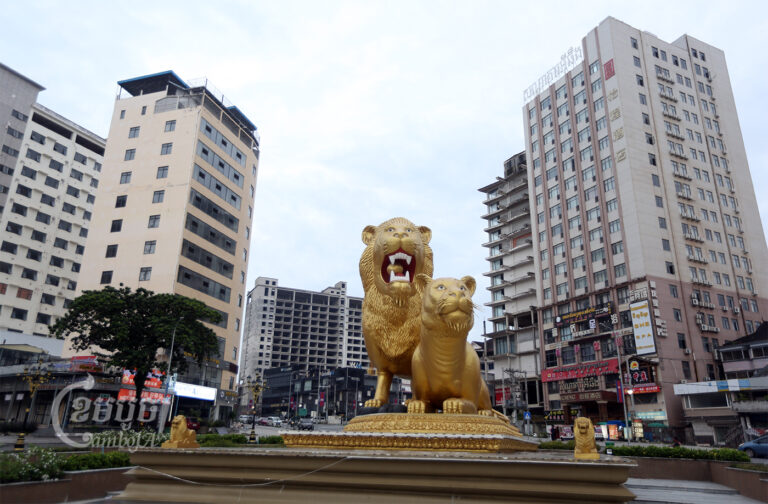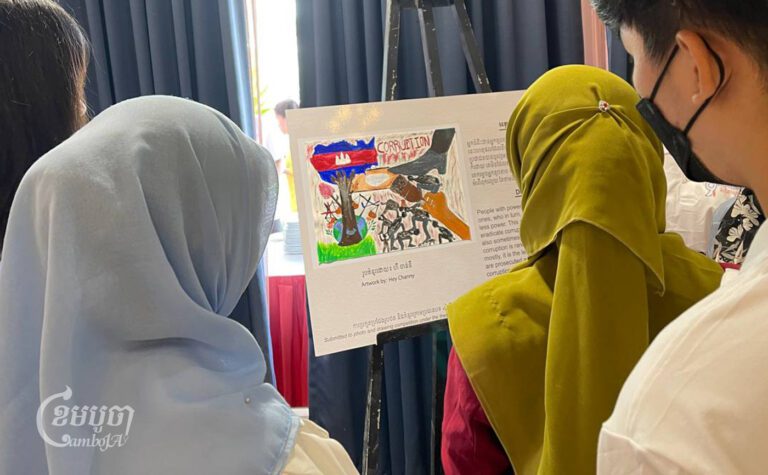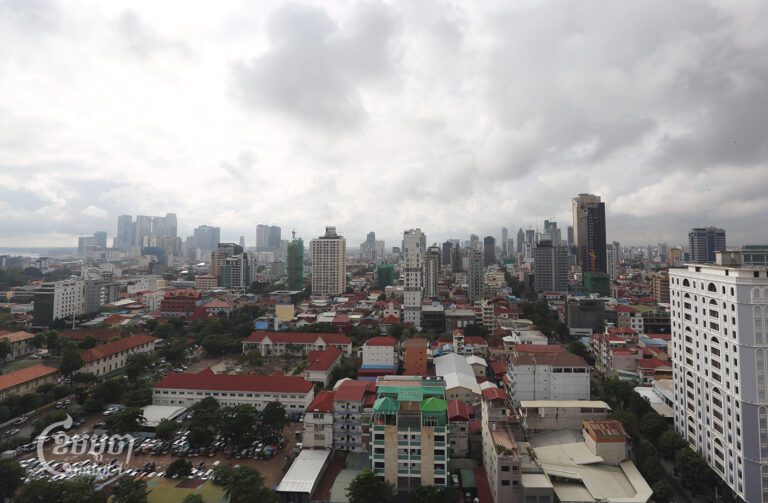Born in Southwestern Vietnam, Son Sansy, 73, an ethnic Khmer born to parents of Cambodian nationality migrated to Cambodia in 1984 and has been living in Siem Reap since 1991.
Today he is the representative of Siem Reap’s Khmer Krom community, a position that sees him fighting most often for elusive government ID cards. He himself has not had an ID since 2008, when his ID expired and local officials refused to renew it.
“Since 2008 I have asked for help from Siem Reap City Hall four times and Siem Reap Provincial Hall seven times.”
In 2019, Sansy led more than 100 members of the Khmer Krom community to meet with the Siem Reap provincial commissioner and immigration department to verify their status as Cambodian citizens, but more than 40 people in that group have yet to receive ID cards. Instead, the number has grown to 114 people. Recently, Sansy urged City Hall and relevant authorities to expedite the release of cards, sending over a slew of documents such as resumes, residence books, dates of arrival in Cambodia, and certificates from Khmer Krom associations.
Khmer Krom, or “lower Khmer,” are an ethnically Khmer minority from Vietnam’s Mekong delta region. Over the years, several laws have recognized their right to Cambodian citizenship, but local authorities have been slow to provide ID cards.
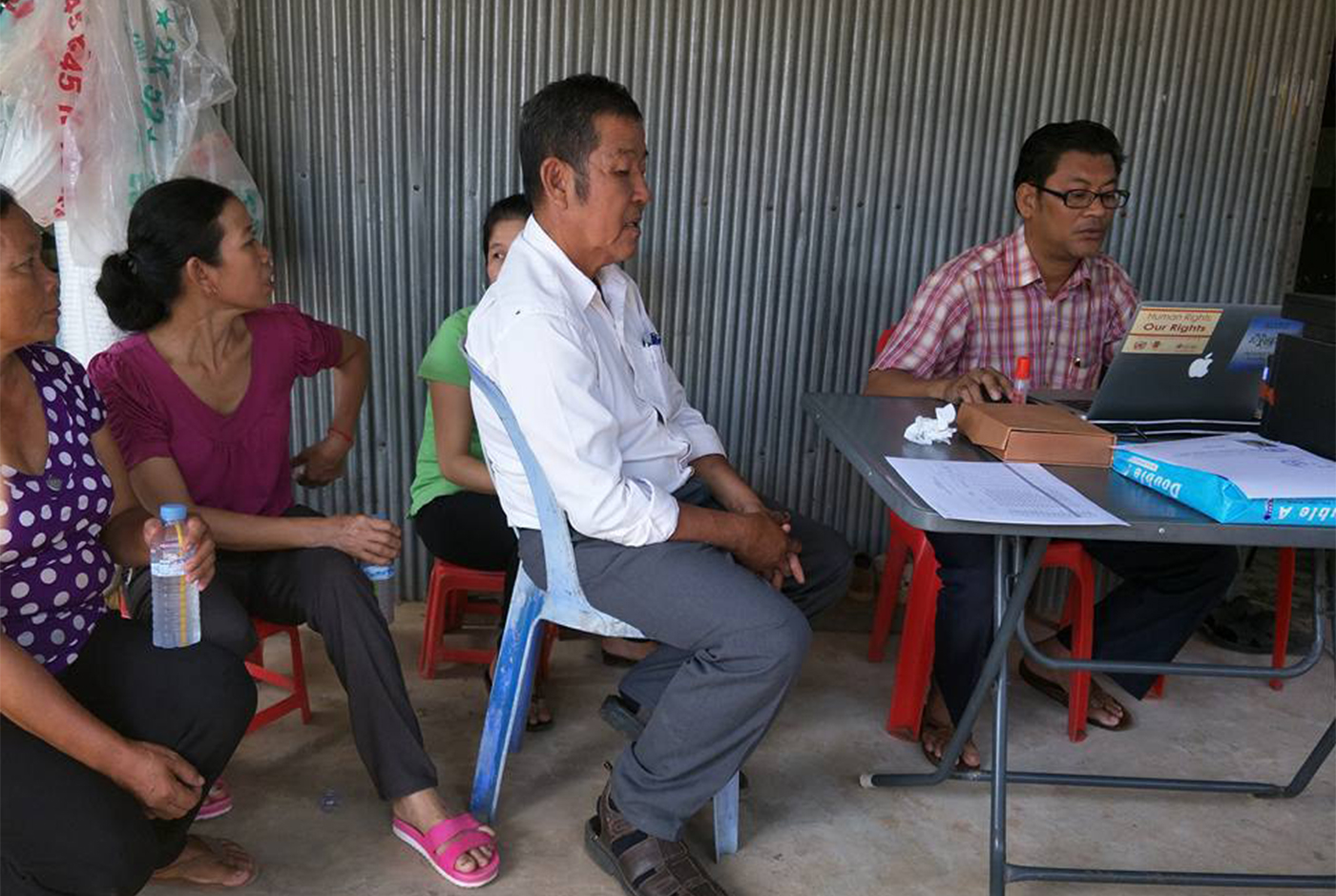
Chan Sovoeun, 64, was born in Vietnam’s Tra Vinh province. The province is referred to by many Khmer Krom as Preah Trapeang, its Khmer name before it was annexed by the Annam empire in the 18th century. Though he moved to Cambodia in 1993 and currently lives in Prasat Bakong district, Siem Reap province, after he lost his ID in a fire, authorities refused to replace it.
“A few years later, I went to ask the relevant authorities in Chbar Ampov district [for a new ID], and the authorities replied that my name was no longer on the list.”
Today, he is among the 114 on Sansy’s list without an ID.
Nov Engvanny, Siem Reap Deputy Police Chief, told CamboJA that officials are looking into the request to expedite IDs for the group.
“The document has already been researched by the provincial commissioner and sent back to the provincial hall, and the provincial hall will send it to the provincial commissioner for review again,” Engvanny said.
He said officials were only looking for documents such as birth certificates and transfer books following moves from another province to prove citizenship.
“If they have enough documents and move to Siem Reap, then it means that all authorities recognize them as Khmer Krom and will register and provide them with documents.”
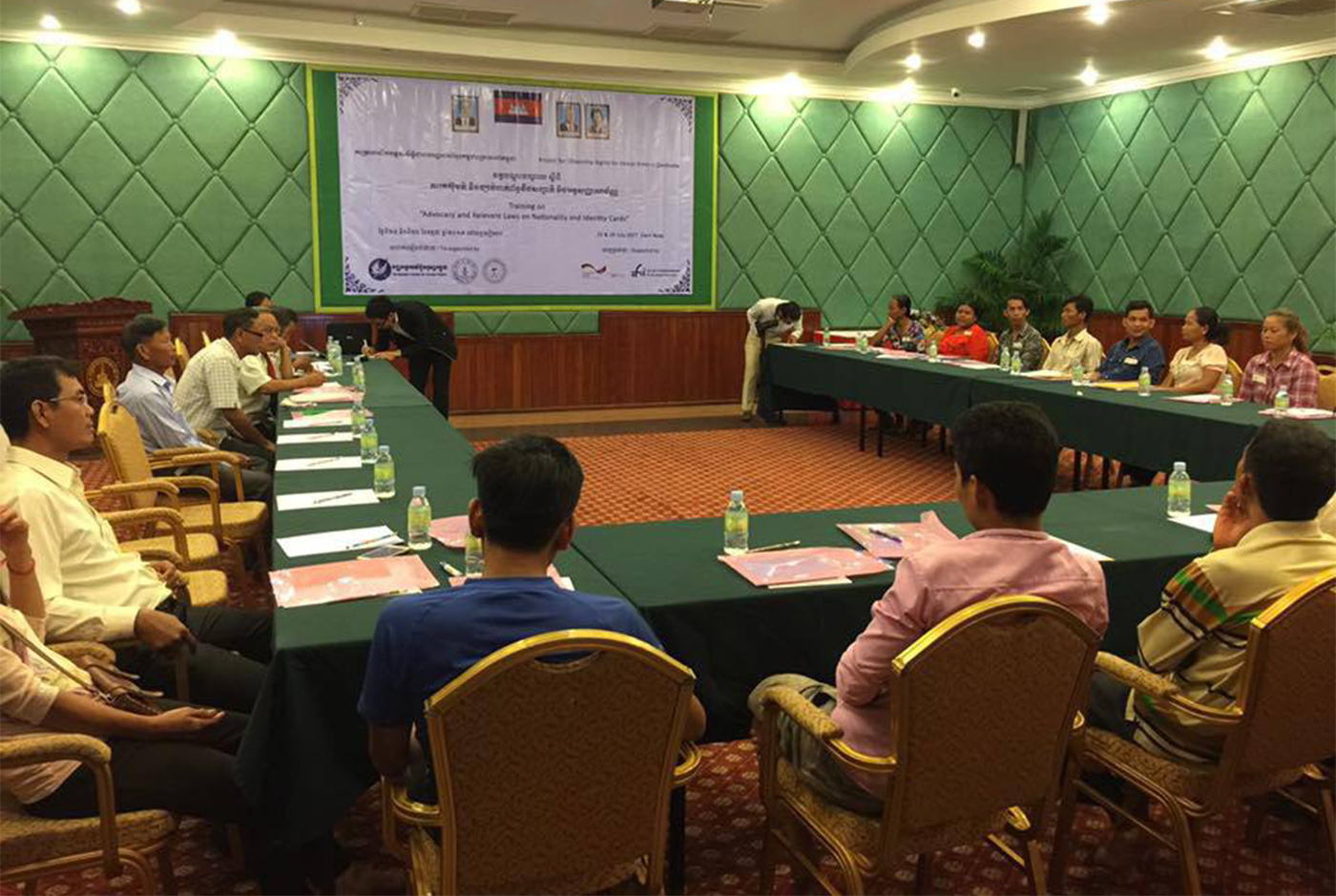
An estimated 1 million Khmer Krom live in Cambodia, according to Son Chum Chuon, the Secretary General of the Khmer Kampuchea Krom for Human Rights and Development Association.
“Among nearly one million people, only 20 to 30 percent are undocumented.”
Chum Chuon said the delays such as the one in Siem Reap often took years to resolve and there was no reason for such slow movement.
“So, [the related bodies should] help to accelerate a little faster.”
There are three historic efforts certifying Khmer Krom citizenship rights, according to Chum Chuon. The first is a notice issued by then-King Norodom Sihanouk in 1992 affirming citizenship rights for ethnic Khmers born in Vietnam. This was followed in 2005 by a government notice that Khmer Krom who come to Cambodia are automatically conferred Cambodian citizenship. Lastly, the 1996 law on nationality amended in 2018 clearly states that any Khmer person born to parents of Cambodian nationality anywhere must automatically acquire Cambodian citizenship.
“Based on all these standards that can be used for Khmer Kampuchea Krom who come from Kampuchea Krom to get legal documents,” Chum Chuon said, referring to the region that is now Southern Vietnam.
Soeng Senkaruna, spokesperson for Adhoc, said that historically Khmer Krom found it easy to get identification documents. Throughout the Sihanouk and Lon Nol eras, during Vietnamese occupation, and even in the UNTAC era, Khmer Krom typically were able to get ID cards immediately upon entering Cambodia.
“I think this issue is not related to human rights, but more about politicians and law enforcement in Cambodia. The implementation seems unequal,” Senkaruna said. “So, it depends on all the officials, some officials are lax and some are strict.”


